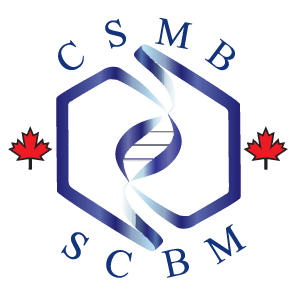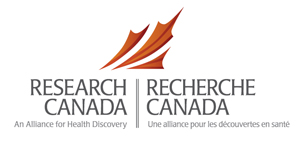The Canadian Society for Molecular Biosciences (CSMB) welcomes the added investment in Canadian research in Budget 2025 by the Government of Canada but is concerned that the budget weakens rather than strengthens Canada’s research ecosystem. While the government emphasizes “efficiency” and “targeted investment,” what is missing is sustainable, predictable base funding for the discovery research pipeline that underpins innovation, applied science, and Canada’s long-term competitiveness. The Canadian science portfolio would be best balanced with attracting international talent, promoting and supporting home grown talent, and further strengthening tri-council funding.
The administration’s new International Talent Attraction Strategy, including approximately $1.7 billion over 13 years for research chairs, infrastructure, and recruitment, is a very welcome recognition of the global competition for talent. However, without corresponding budget increase to the federal granting councils, neither newly recruited researchers nor established investigators in Canada will be able to secure sufficient resources to sustain their research programs. In particular, postdoctoral researchers and early-career scientists already working in Canada will be disadvantaged due to the attention and funding shift towards new international hires from outside of Canada rather than those within Canada.
The announced $1 billion over 13 years (part of the $1.7B) for new research chairs, while substantial on paper, translates to only 125–200 positions nationally. This is a modest investment when distributed over more than a decade. When coupled with a mandated 2 percent reduction to granting council budgets under the government’s expenditure review, and with ongoing inflationary pressures, this represents a net loss to the Canadian research ecosystem.
Furthermore, the budget calls for reductions in research capacity within federal departments such as Agriculture and Agri-Food Canada, Health Canada, and the National Research Council, which are essential driving force to Canadian innovation and technology. As such, this will further diminish the overall scientific capability in Canada.
CSMB urges the government to recognize that attracting international talent and advancing innovation only succeed with a robust and sustainable foundation of discovery research. Canada’s research excellence depends on consistent and continuous investment in people, operating grants, and research infrastructure.









 The CSMB and Temple Scott Associates held an Effective Advocacy Webinar
The CSMB and Temple Scott Associates held an Effective Advocacy Webinar CSMB also attended the in-person portion of the CSPC Meeting in Ottawa. It was an opportunity to meet and network with decision-makers, stakeholders in Science Policy in Canada, and science advocates, including the author of the Bouchard report, Frédéric Bouchard, and Minister Kirsty Duncan.
CSMB also attended the in-person portion of the CSPC Meeting in Ottawa. It was an opportunity to meet and network with decision-makers, stakeholders in Science Policy in Canada, and science advocates, including the author of the Bouchard report, Frédéric Bouchard, and Minister Kirsty Duncan.


